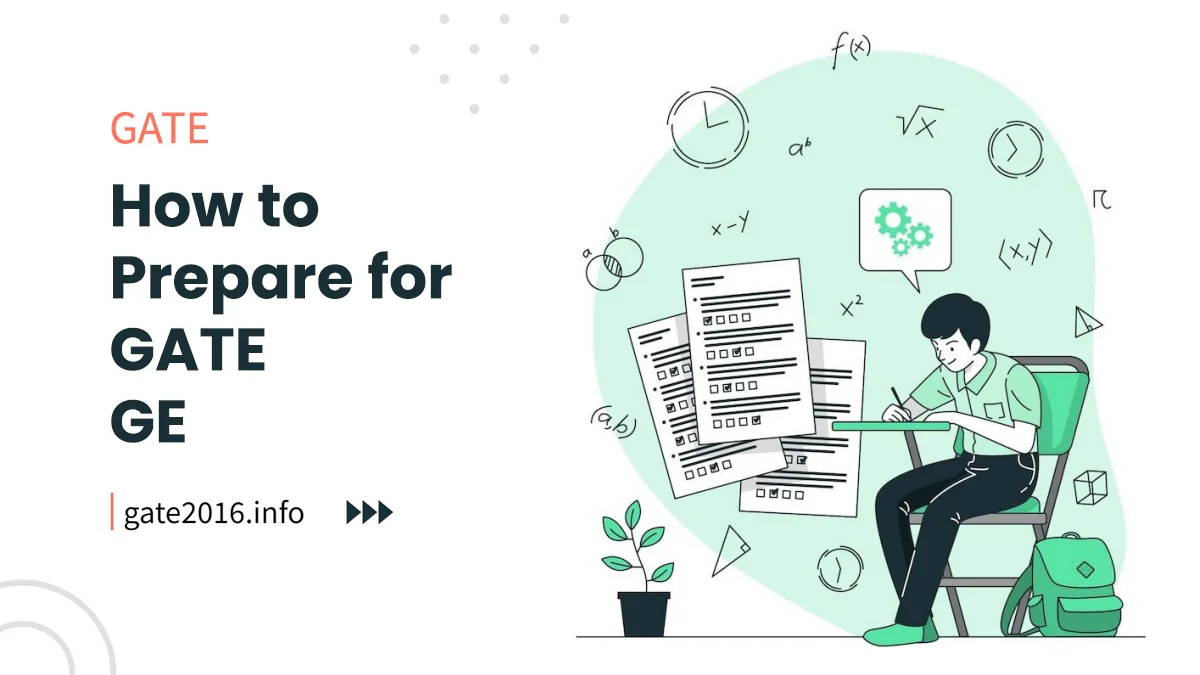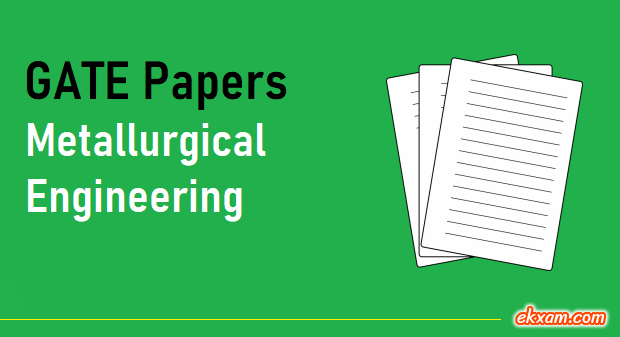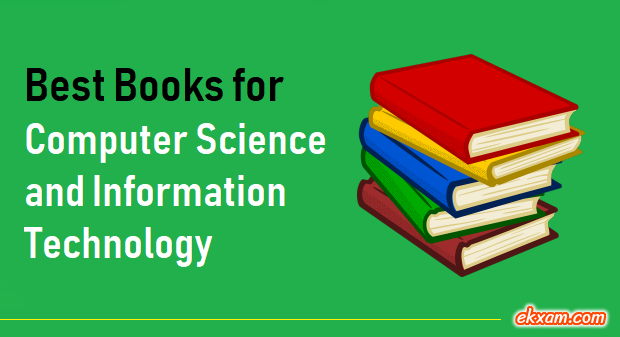Advertisements
Ratings

GATE 2024 GE Preparation – The Graduate Aptitude Test in Engineering (GATE) is a crucial examination for aspirants looking to specialize in Geomatics Engineering.
Geomatics Engineering is a multidisciplinary field that involves surveying, mapping, remote sensing, and Geographic Information Systems (GIS).
Effective preparation is vital to excel in the GATE Geomatics Engineering exam. This comprehensive guide provides strategies, tips, and a step-by-step approach to help you prepare thoroughly and achieve success in the exam.
Contents
- 1. Introduction to GATE Geomatics Engineering
- 2. Understanding the GATE Geomatics Engineering Syllabus
- 3. Developing a Structured Study Plan
- 4. Selection of Relevant Study Materials
- 5. Mastering Core Concepts
- 6. Solving Practical Problems
- 7. Reviewing Previous Years’ Question Papers
- 8. Taking Mock Tests
- 9. Time Management Strategies
- 10. Implementing Revision Techniques
- 11. Staying Updated with Industry Trends
- 12. Managing Exam Stress
- 13. Final Weeks’ Preparation Strategy
- 14. Approaching Exam Day with Confidence
- 15. Reflecting on the Exam and Planning Ahead
- Conclusion: Excelling in GATE Geomatics Engineering
- Additional Resources and References
- GATE Geomatics Engineering Guidance
- GATE Geomatics Engineering Preparation FAQs
- GATE Total Information & Guidance
1. Introduction to GATE Geomatics Engineering
GATE offers a platform for individuals interested in Geomatics Engineering to demonstrate their expertise and knowledge in this field.
Adequate preparation is key to not only passing the GATE Geomatics Engineering exam but also making valuable contributions to the geospatial technology domain.
2. Understanding the GATE Geomatics Engineering Syllabus
A deep understanding of the GATE Geomatics Engineering syllabus is essential for effective preparation.
Let’s break down the syllabus into subjects and key topics:
Table 1: GATE Geomatics Engineering Syllabus Breakdown
| Subject | Key Topics |
|---|---|
| Surveying | Basic concepts, Chain and Compass Surveying |
| Geodesy | Earth’s shape, Coordinate systems |
| Remote Sensing | Electro-magnetic spectrum, Image interpretation |
| Geographic Information Systems (GIS) | GIS concepts, Spatial data analysis |
| Photogrammetry | Aerial photography, Stereoscopic vision |
| Global Navigation Satellite Systems (GNSS) | GPS principles, Positioning techniques |
| Cartography | Map projections, Cartographic design |
| Hydrographic Survey | Bathymetry, Nautical charts |
3. Developing a Structured Study Plan
Creating a well-structured study plan forms the foundation of effective GATE Geomatics Engineering preparation.
Organize your study plan by allocating time to different subjects and topics based on their significance and complexity.
Table 2: Sample Study Plan
| Week | Subjects/Topics | Time Allocation |
|---|---|---|
| 1-2 | Surveying | 10 hours/week |
| 3-4 | Geodesy | 12 hours/week |
| 5-6 | Remote Sensing | 15 hours/week |
| 7-8 | GIS | 10 hours/week |
| 9-10 | Photogrammetry | 12 hours/week |
| 11-12 | GNSS | 8 hours/week |
| 13-14 | Cartography | 8 hours/week |
| 15-16 | Hydrographic Survey | 10 hours/week |
4. Selection of Relevant Study Materials
Choosing appropriate study materials is essential for comprehensive GATE Geomatics Engineering preparation.
Utilize a combination of textbooks, online courses, video lectures, and practice tests for a well-rounded approach.
Table 3: Recommended Study Resources
| Subject | Books | Online Resources |
|---|---|---|
| Surveying | “Surveying and Levelling” by N.N. Basak | NPTEL’s Surveying courses |
| Geodesy | “Geodesy” by Wolfgang Torge | Coursera’s Geodesy and GNSS courses |
| Remote Sensing | “Remote Sensing and GIS” by Basudeb Bhatta | ESA’s Remote Sensing tutorials |
| GIS | “Geographic Information Systems” by Paul Bolstad | ESRI’s ArcGIS tutorials |
| Photogrammetry | “Introduction to Modern Photogrammetry” by Edward M. Mikhail | Coursera’s Photogrammetry courses |
| GNSS | “Understanding GPS: Principles and Applications” by Elliott Kaplan | GPS World’s GNSS tutorials |
| Cartography | “Cartography: Visualization of Spatial Data” by Krygier & Wood | Coursera’s Cartography courses |
| Hydrographic Survey | “Hydrographic Surveying and Charting” by Dave Wells | IHO’s Hydrographic Surveying resources |
5. Mastering Core Concepts
Building a strong foundation in core Geomatics Engineering concepts is essential. Focus on fundamental principles within each subject:
Table 4: Mastering Core Concepts
| Subject | Key Concepts |
|---|---|
| Surveying | Distance measurement, Levelling methods, Total Station operation |
| Geodesy | Ellipsoids and datums, Coordinate transformations, Gravity anomalies |
| Remote Sensing | Reflectance properties, Image enhancement techniques, Classification |
| GIS | Data models, Spatial analysis, Geospatial databases |
| Photogrammetry | Stereoscopic vision, Orthophoto generation, Terrain modeling |
| GNSS | Satellite constellations, Positioning techniques, Error sources |
| Cartography | Map projections, Map design principles, Scale selection |
| Hydrographic Survey | Echo sounding, Hydrographic charts, Tidal corrections |
6. Solving Practical Problems
Striking a balance between practical problem-solving skills and theoretical knowledge is essential.
Practice problems related to:
- Surveying: Calculating distances, performing levelling computations.
- Remote Sensing: Interpreting satellite images, classifying land cover.
- GIS: Conducting spatial analysis, creating thematic maps.
7. Reviewing Previous Years’ Question Papers
Solving previous years’ question papers provides insights into question patterns, difficulty levels, and exam trends:
Table 5: Benefits of Solving Previous Years’ Papers
| Benefit | Description |
|---|---|
| Identify Question Patterns | Recognize common question formats and trends |
| Enhance Time Management | Practice completing the paper within time |
| Understand Exam Difficulty | Evaluate question difficulty distribution |
| Self-Assessment | Measure your preparation level and progress |
8. Taking Mock Tests
Taking mock tests under simulated exam conditions is crucial for building confidence and refining time management:
Table 6: Benefits of Taking Mock Tests
| Benefit | Description |
|---|---|
| Simulate Exam Environment | Replicate the actual exam conditions |
| Improve Time Management | Enhance time allocation skills |
| Boost Confidence | Increase confidence before the real exam |
| Identify Weak Areas | Identify areas needing further attention |
9. Time Management Strategies
Effective time management during the exam is pivotal. Develop a strategy to allocate time to different sections:
Table 7: Time Management Strategy
| Section | Recommended Time Allocation |
|---|---|
| General Aptitude | 15 minutes |
| Subject-specific Sections | 75 minutes each |
10. Implementing Revision Techniques
Regular revision is essential for retaining information. Utilize structured techniques to reinforce your understanding:
- Revision Schedule: Allocate time for revisiting key topics regularly.
- Concise Notes: Create summarized notes and concept maps for quick review.
11. Staying Updated with Industry Trends
Staying current with the latest technological trends in Geomatics Engineering is vital:
- Follow Industry News: Subscribe to reputable geospatial technology news sources.
- Participate in Webinars: Attend webinars and workshops to learn about emerging technologies.
12. Managing Exam Stress
Effective stress management is crucial for maintaining focus during preparation:
- Relaxation Techniques: Practice mindfulness, meditation, and deep breathing.
- Balanced Routine: Incorporate relaxation, exercise, and mindfulness into your study routine.
13. Final Weeks’ Preparation Strategy
As the exam date approaches, intensify revision of key subjects and challenging topics:
- Focused Revision: Allocate more time to challenging subjects.
- Additional Mock Tests: Simulate exam conditions with extra practice tests.
14. Approaching Exam Day with Confidence
On the exam day, stay composed:
- Read Instructions Carefully: Understand question patterns and instructions.
- Effective Time Allocation: Allocate time wisely to different sections.
15. Reflecting on the Exam and Planning Ahead
Evaluate your performance and plan your next steps:
- Performance Analysis: Identify strengths and areas for improvement.
- Future Planning: Decide whether to pursue advanced studies or career opportunities.
Conclusion: Excelling in GATE Geomatics Engineering
Preparing for GATE Geomatics Engineering requires dedication, meticulous planning, and a structured approach.
By following this comprehensive guide, aspirants can significantly enhance their chances of excelling in the examination and contributing to the geospatial technology field.
Additional Resources and References
For additional resources and references, explore the recommended textbooks, online courses, technical journals, and practice papers mentioned in this guide.
These resources will further enhance your understanding and preparation for the GATE Geomatics Engineering exam.
GATE Geomatics Engineering Guidance
- How to Prepare for GATE Geomatics Engineering: A Comprehensive Guide
- GATE GE Previous Year Solved Papers – (2023-2022)
- GATE GE Syllabus 2025: Geomatics Engineering
GATE Geomatics Engineering Preparation FAQs
What is GATE Geomatics Engineering (GG)?
GATE GG is an examination conducted by the Indian Institute of Technology (IIT) for admission into postgraduate programs in Geomatics Engineering and related fields.
It assesses candidates' knowledge and understanding of geomatics concepts, which include surveying, GIS (Geographic Information Systems), remote sensing, and geospatial technology.
What are the important subjects to focus on for GATE Geomatics Engineering preparation?
Key subjects to focus on include surveying and leveling, geodesy, remote sensing, geographic information systems (GIS), photogrammetry, and cartography.
The GATE syllabus for Geomatics Engineering covers various aspects of geospatial technology.
How should I prepare for the GATE GG exam?
Effective preparation involves creating a study plan based on the GATE syllabus. Utilize standard textbooks, reference materials, and online resources for each subject.
Practice solving previous years' question papers and mock tests to become familiar with the exam pattern and improve your problem-solving skills.
Also, stay updated with the latest developments in geomatics technology.
Are there any recommended books or resources for GATE Geomatics Engineering preparation?
Yes, some recommended books and resources include:
- 'Surveying and Levelling' by N.N. Basak
- 'Physical Geodesy' by Heiskanen and Moritz
- 'Remote Sensing and GIS' by M. Anji Reddy
- 'Introduction to Photogrammetry' by Edward M. Mikhail, James S. Bethel, and J. Chris McGlone
- Online courses and lecture videos from reputable institutions and platforms like Esri and the National Geospatial-Intelligence Agency (NGA).
What is the exam pattern for GATE Geomatics Engineering, and how should I approach it?
GATE GG typically consists of multiple-choice questions, multiple-select questions, and numerical answer type questions.
Questions cover various aspects of geomatics engineering, including theory and practical applications in surveying, GIS, and remote sensing.
Begin by answering questions you are confident about and manage your time effectively. For numerical answer type questions, ensure precision in your answers.
A strong understanding of geospatial technology concepts and applications is crucial for success in the exam.
Recent Posts
- AAI Through GATE 2024 – JE (Junior Executive)
- M Tech and MS Programs Through GATE and GRE: Navigating Postgraduate Options
- Job Opportunities After GATE 2024 in India: What You Didn’t Know!
- BSPHCL Through GATE 2024 – 40 AEE
Related Tags
How to prepare for gate geomatics engineering quora 2024, How to prepare for gate geomatics engineering pdf 2024, How to prepare for gate geomatics engineering in india 2024, geomatics engineering gate notes pdf download 2024, gate geomatics engineering syllabus 2024, geomatics engineering gate syllabus pdf 2024, geomatics engineering gate cutoff 2024, gate geomatics engineering study material 2024
| GATE (Reasoning & Aptitude & Maths) Books |
| GATE Guide Books |
GATE Total Information & Guidance
Click below given links to get further information.






